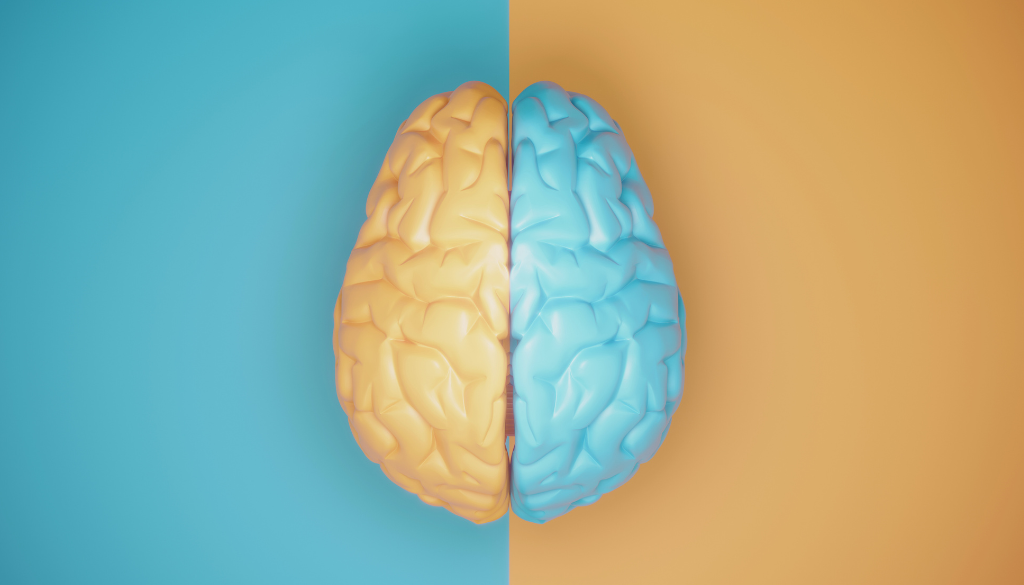Alzheimer’s and Dementia: Understanding the Difference
For caregivers supporting a loved one with memory challenges, understanding the distinction between Alzheimer’s disease and dementia is a vital first step in providing informed care. At Memory Partners, we specialize in offering education, resources, and expert support to caregivers navigating this journey.
What Is Dementia?
Dementia is an umbrella term that describes symptoms affecting cognitive abilities such as memory, reasoning, and communication. It is not a specific disease but a collection of symptoms caused by various underlying conditions. Common types of dementia include:
- Alzheimer’s disease (the most prevalent, accounting for 60-80% of cases)
- Vascular dementia (often resulting from strokes or other blood vessel issues)
- Dementia with Lewy bodies (linked to protein deposits in the brain)
- Frontotemporal dementia (primarily affecting personality, behavior, and language)
Mixed dementia, where a person has more than one type simultaneously, is also common. It’s important to note that dementia is not a normal part of aging. According to the Alzheimer’s Association, dementia is caused by damage to brain cells that impair their ability to communicate, affecting thinking, behavior, and emotions.
What Is Alzheimer’s Disease?
Alzheimer’s is a specific, progressive brain disease and is the most common form of dementia. As noted by the National Institute on Aging, it is marked by abnormal protein deposits in the brain, which disrupt cell function. Symptoms typically begin with difficulty remembering new information and progress, including confusion, mood changes, and difficulty with daily tasks.
While age is the most significant known risk factor for Alzheimer’s, it is not exclusively an “older adult” disease. Approximately 200,000 Americans under 65 live with younger-onset Alzheimer’s. This fact underscores the importance of being aware and prepared for the possibility of Alzheimer’s in younger adults.
Key Differences Between Alzheimer’s and Dementia
Understanding the difference boils down to this: dementia describes a set of symptoms, while Alzheimer’s is a specific disease that causes those symptoms. Think of dementia as a category and Alzheimer’s as one of the conditions within it. Other distinctions include:
- Progression: Alzheimer’s follows a specific and predictable pattern of worsening symptoms, whereas other dementias may vary depending on their cause.
- Initial Symptoms: Alzheimer’s often begins with memory loss, while other forms of dementia may start with impaired judgment (vascular dementia) or personality changes (frontotemporal dementia).
- Treatment: While no cure exists for Alzheimer’s or most dementias, treatment strategies may differ based on the type and underlying cause.
Why Knowing the Difference Matters
Being informed about the type of dementia a loved one is experiencing can:
- Guide you in seeking appropriate medical care and resources.
- Help you understand what to expect as symptoms progress.
- Empower you to communicate effectively with healthcare professionals.
Memory Partners is here to support you every step of the way, providing resources, training, and community connections. We aim to help you feel reassured and supported in your caregiving role, knowing that you are not alone on this journey.





